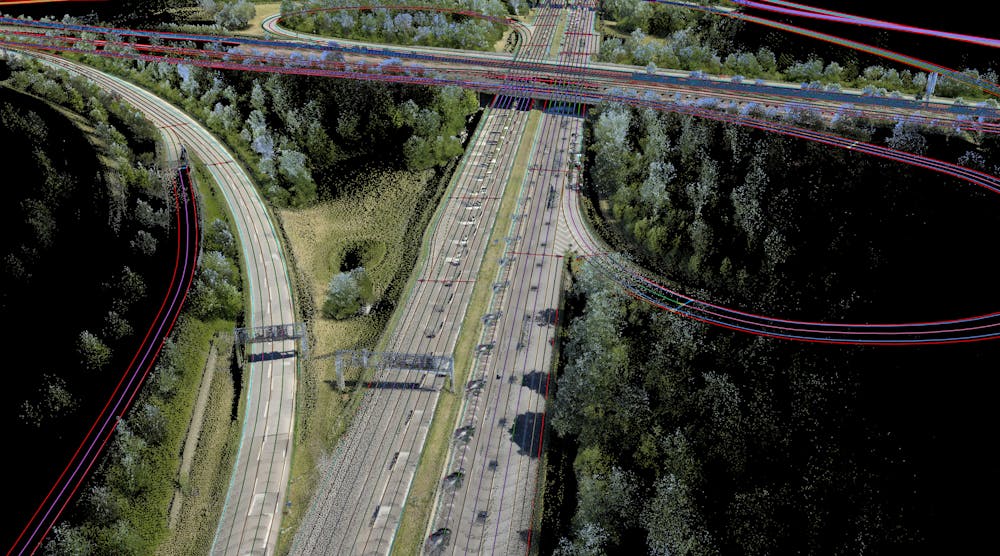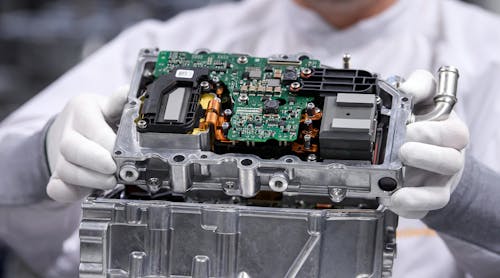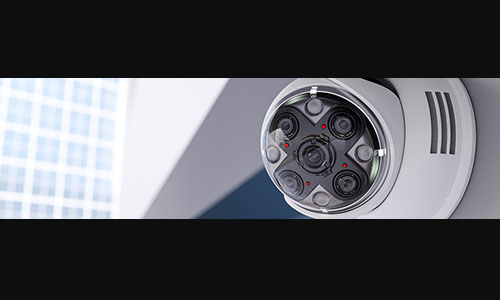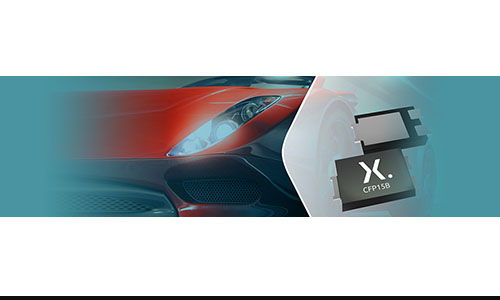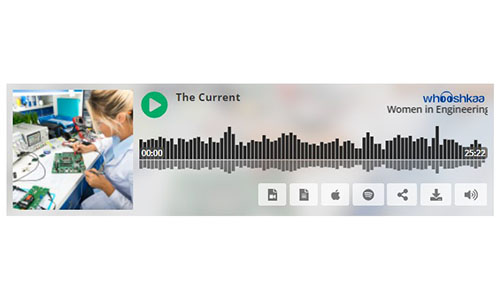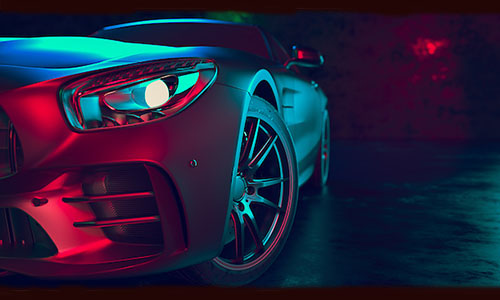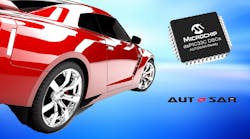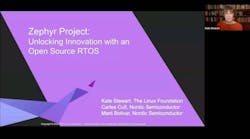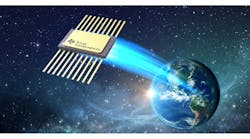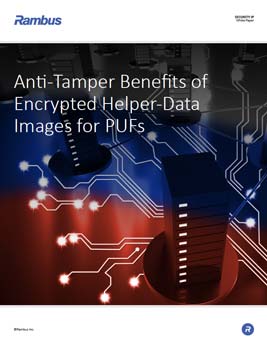领先的合同芯片制造商GlobalFoundries表示,它将与Bosch合作开发,制造和测试汽车零件供应商的新一代毫米波雷达传感器。
根据该交易的条款,总部位于加利福尼亚州圣克拉拉的公司将与博世合作开发更安全,更强大的雷达系统片(SOC)。新芯片将在博世的高级驾驶员援助系统(ADA)中使用,以检测前方道路上的危险情况,并确认汽车在正确的车道上,旗帜潜在的碰撞,启动紧急制动并进行并行停车。
Bosch is partnering with GF instead of more advanced contract chip manufacturers such as TMSC because of its leadership in radio frequency (RF), millimeter wave, and other specialty production processes ideal for chips used in radar and other areas including 5G components. GF has halted development of its most advanced chips in favor of focusing more on specialty nodes like FD-SOI.
GF表示,与Bosch一起开发的汽车雷达芯片将基于其22 nm的FD-SOI节点,该节点已用于生产向全球客户运送的3.5亿筹码。GF的高级副总裁兼GF汽车业务总经理迈克·霍根(Mike Hogan)在一份声明中在一份声明中在一份声明中说:“在GF,我们已经将汽车半导体作为核心战略作为核心战略。”
今天,大型汽车制造商很少购买芯片directly. Instead, they purchase electronic control units (ECUs) and subassemblies from Tier-1 parts suppliers including Bosch. These Tier-1 suppliers generally buy chips off the shelf from automotive chip specialists such as NXP Semiconductors, Analog Devices, Infineon Technologies, and Texas Instruments, and then assemble them into radar or other subsystems.
These Tier-2 semiconductor makers have in-house plants to roll out analog, power and other chips on legacy nodes, but they are also increasingly using foundries to manufacture auto-grade microcontrollers.
By bringing its intellectual property (IP) directly to a semiconductor foundry, Bosch is trying to differentiate itself from rivals in the automoible industry that are still buying mass-produced chips from Tier-2 firms. “Dependable radar and ADAS systems are of paramount importance to drivers and automakers around the world," said Oliver Wolst, senior vice president of Bosch's semiconductor division.
The announcement also builds on Bosch's strategy to develop more of its components internally. Bosch is on the verge of opening a semiconductor fab in Germany. It is on pace to start production in late 2021.
The radar is one of the key components of the autonomous cars of the future. These sensors can be used to corroborate what other sensors detect in the vehicle's surroundings, alerting it to other cars and obstacles. They can also detect obstacles in the dark and watch for other cars on the road while lidars, cameras and other sensors are scrambled by rain and fog, or blinded by sunlight.
The millimeter-wave radar chips will be manufactured atn GF's Fab 1 plant in Germany. The company said that it plans to deliver the first chips for Bosch's next-generation radar by the second half of 2021.
